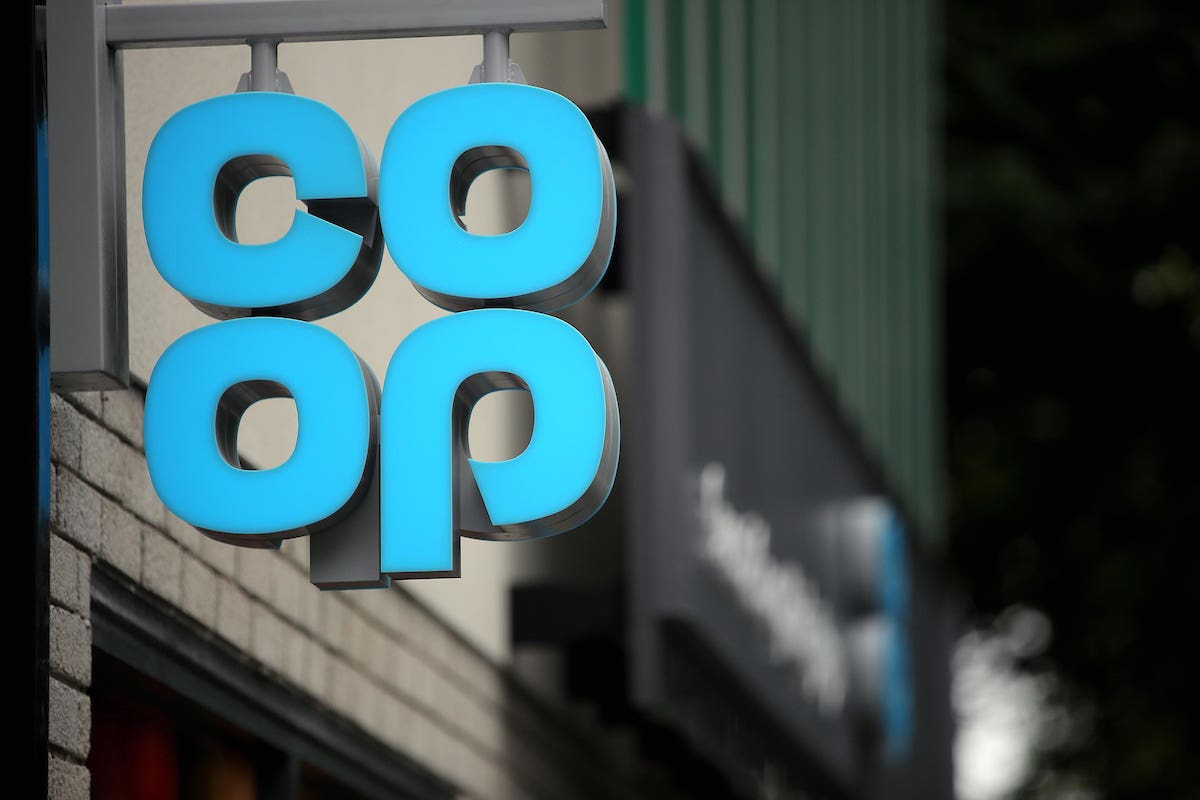Huge price increase means ‘dummy’ coffee jars are appearing in supermarkets
Cost of instant coffee has risen by some 13 per cent over past year
Your support helps us to tell the story
From reproductive rights to climate change to Big Tech, The Independent is on the ground when the story is developing. Whether it's investigating the financials of Elon Musk's pro-Trump PAC or producing our latest documentary, 'The A Word', which shines a light on the American women fighting for reproductive rights, we know how important it is to parse out the facts from the messaging.
At such a critical moment in US history, we need reporters on the ground. Your donation allows us to keep sending journalists to speak to both sides of the story.
The Independent is trusted by Americans across the entire political spectrum. And unlike many other quality news outlets, we choose not to lock Americans out of our reporting and analysis with paywalls. We believe quality journalism should be available to everyone, paid for by those who can afford it.
Your support makes all the difference.Empty coffee jars have been put on the shelves of a supermarket in London in an apparent bid to deter customers from shoplifting amid the cost of living crisis.
A Co-op shop in Walthamstow used the ‘dummy’ products on jars of instant coffee, the price of which has been rising due to inflation.
“This product is a dummy, not for sale, please ask a member of staff for help,” read a sign on one of the jars.
A spokesperson for the supermarket, which operates a franchise model, said its priority was to protect staff safety as “shoplifting can be a flashpoint for violence”.
According to the Office for National Statistics, the price of instant coffee has increased by 13 per cent over the past year.
The cost of food has been soaring over the past year amid Vladimir Putin’s illegal invasion of Ukraine.
There was some optimism on Tuesday that the rapidly rising increase in food prices may have reached its peak as a survey of prices in shops suggested they fell between April and May.
Food inflation fell to 15.4 per cent in the year to May, according to a survey by the British Retail Consortium (BRC) and Nielsen.
It was down from 15.7 per cent in April.
But the overall rate of inflation at grocers reached a new high of 9 of per cent, fuelled by the increasing price of coffee, chocolate and non-food items.
The 15.7 per cent is still a very high figure and means that a person who spent around £20 in a food shop a year ago would now be paying a little over £23 for the same items.
This is an average so the exact number would depend on what they bought.
Although May’s figure is a little lower than the food inflation seen in April, it is still the second fastest annual increase the BRC has ever measured, it said.

It added that the price of fresh food increased by 17.2 per cent in the year to May, down from 17.8 per cent in April.
However, ambient food inflation – that is to say shelf-stable items that can be stored at room temperature – rose from 12.9 per cent in April to 13.1 per cent in May.
Overall inflation in shops rose from 8.8 per cent to 9 per cent between April and May, the BRC said, an all-time high.
“While overall shop price inflation rose slightly in May, households will welcome food inflation beginning to fall,” said BRC chief executive Helen Dickinson.
“The slow in inflation was largely driven by lower energy and commodity costs starting to filter through to lower prices of some staples including butter, milk, fruit and fish.
“Conversely, the price of chocolate and coffee rose off the back of the ongoing high global costs for these commodities. While non-food inflation rose, consumers are benefiting from heavy discounts in footwear as well as books and home entertainment.”
Ms Dickinson added:“While there is reason to believe that food inflation might be peaking, it is vital that government does not hamper this early progress by piling more costs onto retailers and forcing up the cost of goods even further.
“The biggest risk comes from policies such as the incoming border checks and reforms to packaging recycling fees.”



Join our commenting forum
Join thought-provoking conversations, follow other Independent readers and see their replies
0Comments